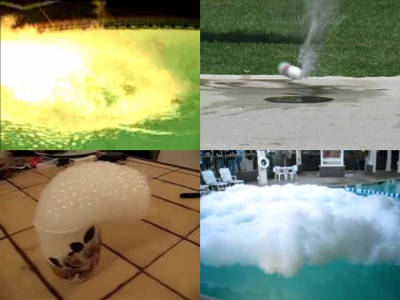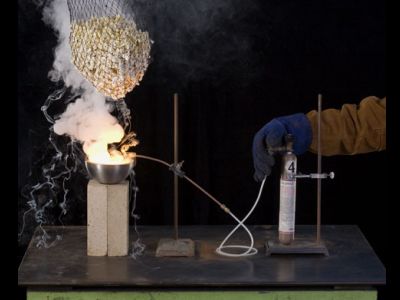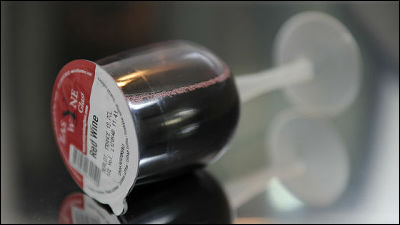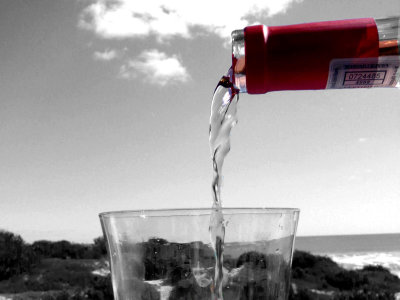The reason why wine smells bad when packed in aluminum cans has been discovered

by
When we think of wine, we imagine it being bottled in a glass bottle, but in recent years it has also been sold in paper cartons or plastic bottles. However, wine is not often sold in cans because there is a problem of unpleasant odors when packed in aluminum cans like beer and cocktails. A team led by Professor Gavin Sachs and Professor Julie Goddard of Cornell University has announced a study to solve the quality problem of canned wine.
Hydrogen Sulfide Formation in Canned Wines: Variation Among Can Sources | American Journal of Enology and Viticulture
https://www.ajevonline.org/content/75/1/0750003
Research team identifies culprit behind canned wine's rotten egg smell
https://phys.org/news/2024-04-team-culprit-canned-wine-rotten.html
Metal cans are often used as beverage containers because they are easy to process, versatile, and easy to recycle. In recent years, wine makers have begun selling wine in cans in addition to paper cartons and plastic bottles, but the introduction of cans has been slow due to the problem that 'canned wine sometimes smells like rotten eggs.'

by
Professor Sachs, who studies aroma, was consulted by a winemaker about the odor problem of canned wine and wondered, 'Why does wine have an odor and not cola?' So, in collaboration with Professor Goddard, who studies food packaging, we began researching the combination of commercially available wine and cans.
The team, led by Professor Sachs and Professor Goddard, replicated the rotten egg smell by storing wine samples in a variety of cans with different interior coatings for up to eight months, or by accelerating the deterioration process by keeping them at high temperatures for one to two weeks.

As expected, the cause of the strange odor in the canned wine was hydrogen sulfide. Sulfur dioxide is often used in wine as an antioxidant and antibacterial agent, but when the sulfur dioxide in the wine was more than 0.5 ppm, it reacted with the aluminum of the can to produce trace amounts of hydrogen sulfide.
The researchers report that by keeping the sulfur dioxide content in the wine below 0.4 ppm and using an epoxy resin coating on the inside of the can, they were able to keep hydrogen sulfide production low even during long-term storage of up to eight months.
However, creating a coating thick enough to reliably inhibit the reaction would make the cans more expensive to produce, and recycling them would require burning the epoxy resin, which is not environmentally friendly. Further testing showed that even a plastic coating on the inside of the can did not completely stop the reaction between sulfur dioxide and aluminum.
Professor Sachs and Professor Goddard are working with Professor Hector Abrunha of the Department of Chemistry to find a coating that can prevent aluminum from corroding. Professor Sachs said, 'Today's younger generation wants something they can take with them, something they can drink at a concert or at the pool. Glass bottles with corks don't meet that need, but cans do.' He believes there will still be a high demand for canned wine.

by Stokesirene
◆ Forum is currently open
A forum related to this article has been set up on the official GIGAZINE Discord server . Anyone can post freely, so please feel free to comment! If you do not have a Discord account, please refer to the account creation procedure article to create an account!
• Discord | 'Have you ever had wine in an aluminum can? How did it taste?' | GIGAZINE
https://discord.com/channels/1037961069903216680/1235165721236078687
Related Posts:
in Free Member, Science, Food, Posted by log1i_yk







